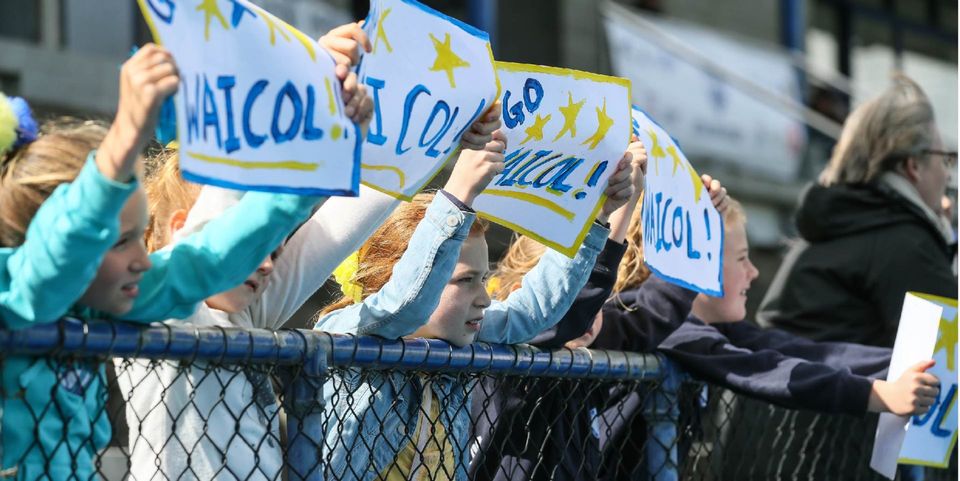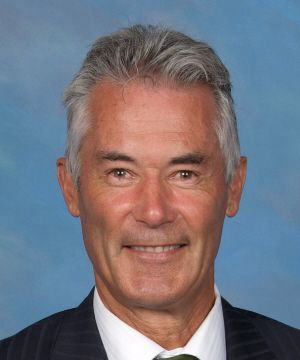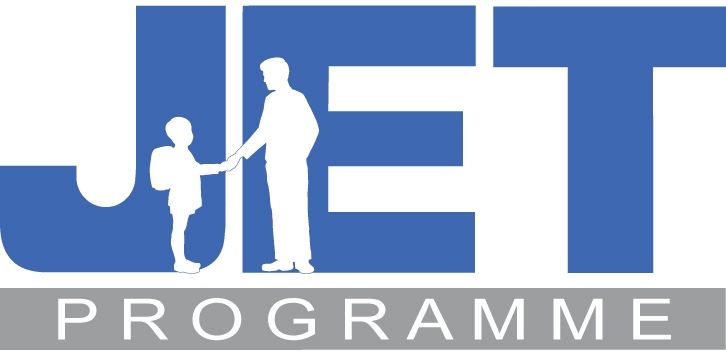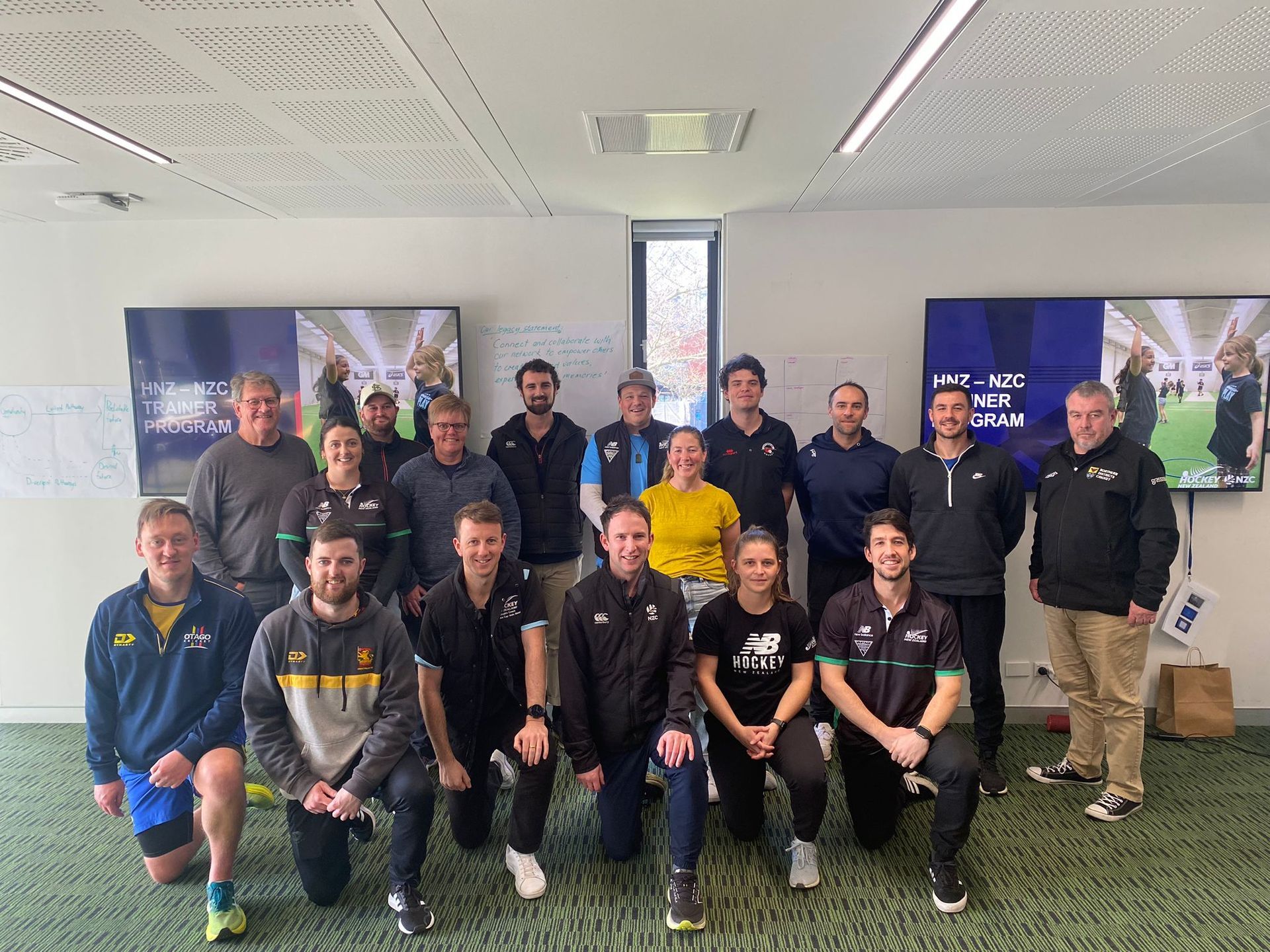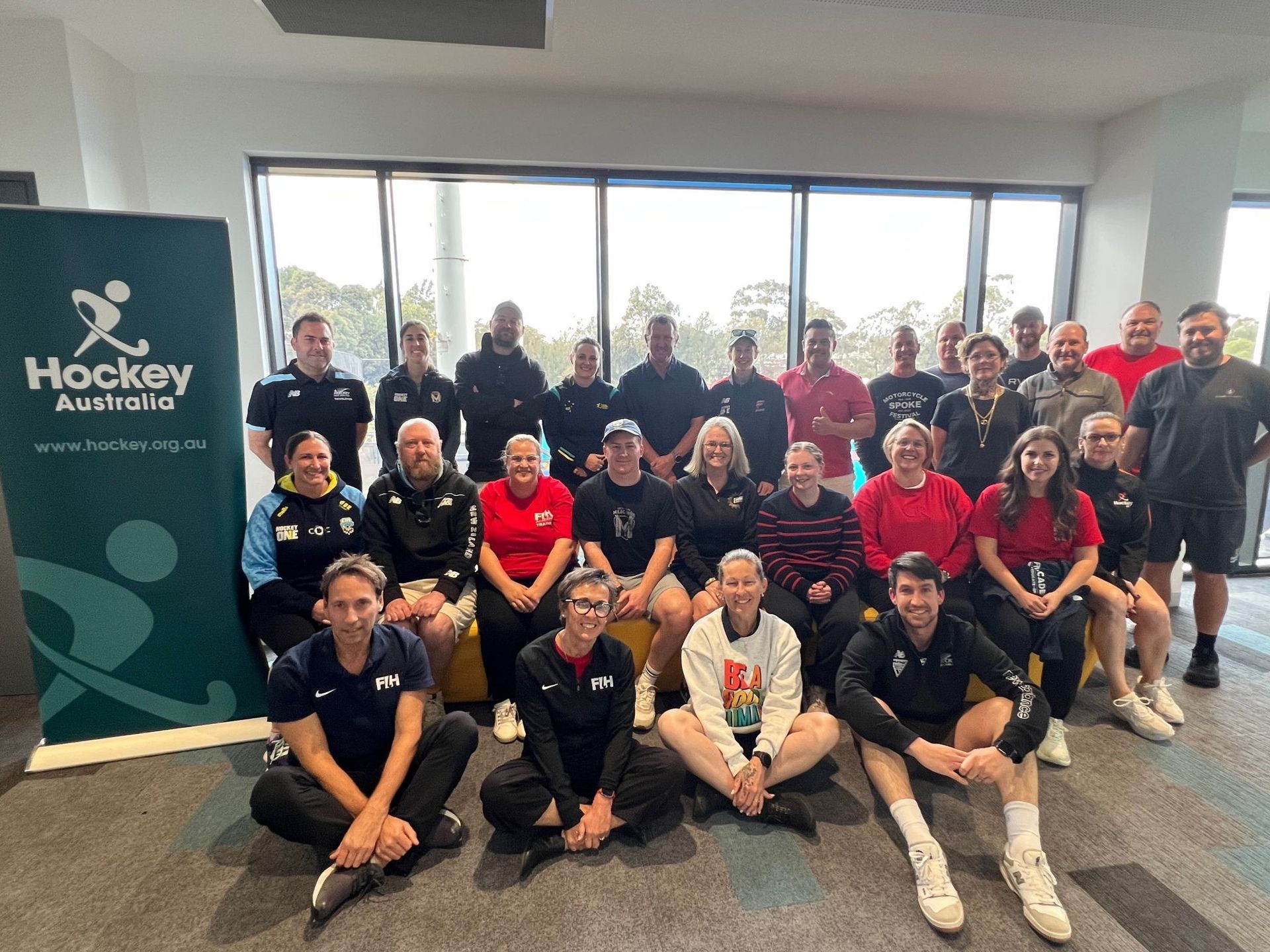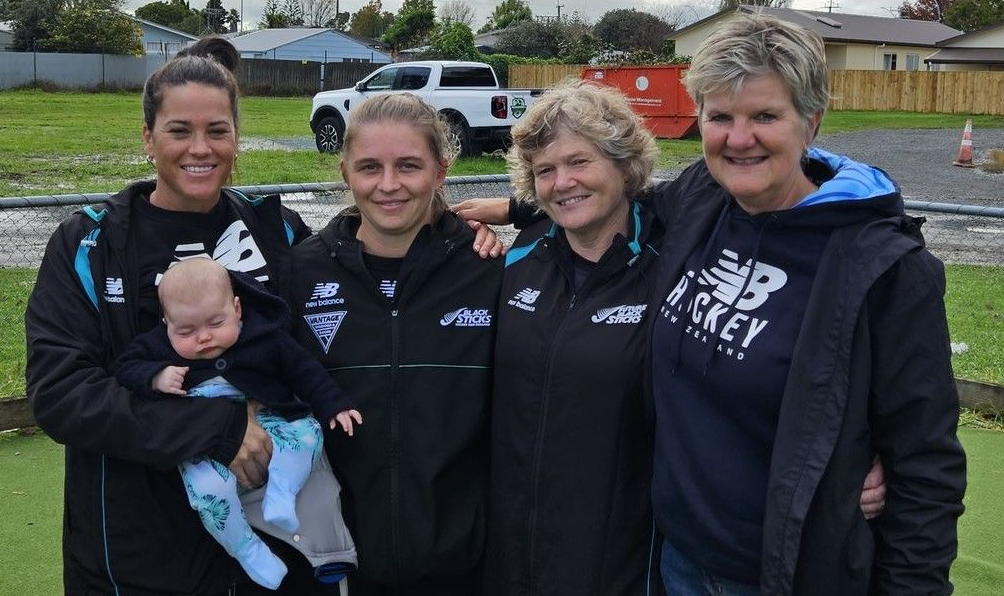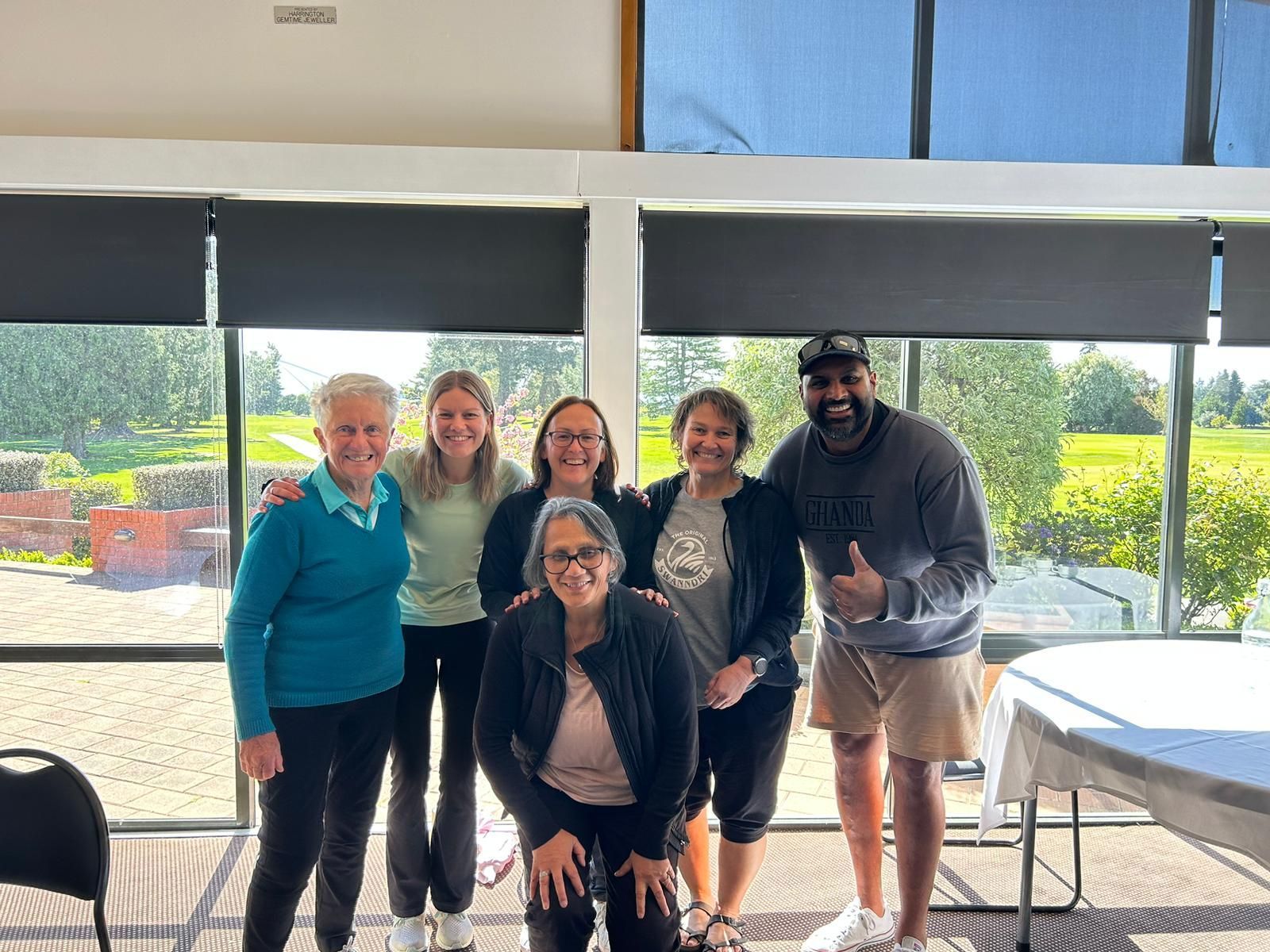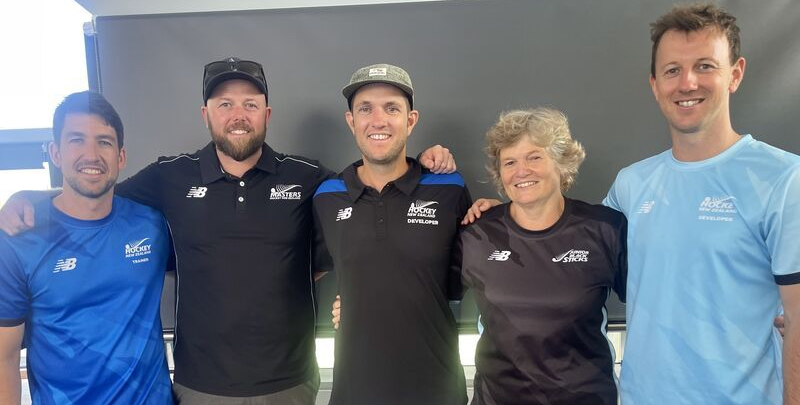About the Author: Jim Lonergan was CEO of Auckland College Sport from October 2016 to April 2020. Prior to that he was Deputy Principal at Macleans College for more than 20 years. During his 40 year-teaching career he was involved in coaching and managing teams in athletics, cross country, cricket, rugby, tennis and triathlon. He coached and managed 1st XV, provincial and regional secondary school rugby teams. For many years he was heavily involved in secondary school boy rugby administration at provincial, regional and national level. His only involvement with hockey was as manager of the Hutt Valley High School 1st X1 hockey team who were placed second in the India Shield at the National Secondary Schools boy’s hockey tournament in 1979.
Reflections on Changing Dynamics of Auckland School Sport
August 23, 2020
Secondary School Sport has changed a lot during my 40-year teaching career. Back in the 80’s a significant proportion of teachers were involved in coaching secondary school sport. Many secondary school teachers entering the profession having either played, or were still currently playing, their chosen sport(s) at top club or provincial level. Trainee teachers were paid an allowance to attend university and were also paid significantly more to attend the one year post graduate secondary training college year. Now teacher trainees pay fees for both their university courses and for their post graduate teacher training courses. This has resulted in fewer younger trainee teachers coming into the profession, the ones more likely to coach sport.
The beginning teachers of that era were very willing to share their playing expertise with secondary school students as current players of the game. In the 80’s there was also a surplus of teachers in the work force and consequently those teachers that were prepared to coach school sport had a greater chance of gaining a teaching position. Finally, the workload for teaching was far less than it is today, with very little internal assessment compared to the current assessment requirements.
Moving on 30 plus years, there are now a far greater choice of sports for secondary school sports students can play compared to the traditional winter sports of; rugby, netball, football and hockey. The ethnic mix in New Zealand has changed immensely, particularly in our large cities. Teenagers have significant other entertainment opportunities outside of sport.
Sport has always been, and still is, a cornerstone of developing the all-round student at most New Zealand Secondary schools. However, in recent times it has been used more frequently as a marketing tool to attract the most talented sporting students to attend a number of secondary schools. Full scholarships became incentives to attract these talented sports students. There were examples of added financial incentives given to students to transfer from one secondary school to another in order to strengthen that school’s premier team. This was with the sole purpose of winning a premier provincial title or National title. In some specific cases the coaches of the teams who lost these talented players became disillusioned and gave up coaching which resulted in teams folding.
In 2018 Auckland principals agreed that secondary school sport should be about developing their current students rather than cherry picking the best from other schools. The win at “all costs” mentality is rapidly disappearing. While the school’s premier team is still the pinnacle for the talented sports student, there is now extra emphasis in getting more players involved in sport. The intention is that more students play sport. Some will stick with the particular sport when they leave school, there will be others that will only be happy to play while they remain at school.
Over the same period there was also a backlash from parents of current students who had missed out on a “premier spot” in their schools’ team because of this cherry-picking or poaching. This has led to several schools rethinking their investment in sports scholarship, in particular not offering scholarships for students who are entering year 11, year 12 or year 13.
Last year Auckland principals agreed, by a huge majority, to tighten the quotas of transferring students allowed to play in a school’s premier team. Compulsory stand-down periods for students transferring from one school’s top team to another school’s premier team are now a feature of College Sport Auckland premier competitions. (Prior to 2020 this had had only been a requirement for premier 1st XV rugby transfers.)
The significance for secondary school hockey is that hopefully more students who gave the sport away, when they were replaced by a transferring scholarship student, might stick with the game and in some cases become the stars of the future. Those schools who lost their talented students, and in many cases their potential future captains, may retain good quality first elevens and inspire their younger players to stick with their sport.
With the significant changing teacher demographics from the time I started teaching, as highlighted at the start of this article, schools are more and more reliant on non-teacher coaches. For any school sports programme to survive, their sports department is heavily dependent on assistance from the community. Many schools can not afford “professional” coaches but are willing to pay some allowance. Coaching a junior school team is a great entry step for future coaching endeavours. It is common practice for schools to use unpaid community coaches in many of the other 38 sports that are sanctioned by College Sport Auckland.
